Start-up, Stand-up and now 90% companies are ready to move towards Close-up
By MYBRANDBOOK

India is a breeding ground for innovation. It’s a great time for start-ups in India. It is proven fact that, nine out of ten startups are failled. There are also certain shinning start-ups in the country. When the founder of a startup company shuts down her or his business within the first 5 years of their inception, it’s always wise to pen an essay that tells the rest of the community what went wrong. For startups to thrive and flourish, they must have a clear understanding of the market they operate in and problems and opportunity gaps that exist in that market.
Ecosystems are crucial for India’s entrepreneurial economy to thrive. We have few celebrities in the start-up eco-system including, Sachin and Binny Bansal, Vijay Shekhar Sharma, Bhavish Aggarwal, Ankit Bhati, and Ritesh Agarwal they have created a niche market in India and brought huge investments into the country and are remarkable. More than 76% of Indian executives pointed to India’s economic openness as a major business advantage, while 60% identified India’s skilled workforce and 57% of the executives said that India’s large domestic market provides significant advantages.
Startups are redefining the Indian economy by being the catalysts for technology innovation and collaboration. A good product idea and a strong technical team are not a guarantee of a sustainable business. One should not ignore the business process and issues of a company because it is not their job. It can eventually deprive them from any future in that company.
India has the third largest startup ecosystem in the world by securing nearly $14 billion in 2019 with several disruptive models, unique ideas and unicorn companies. This is despite the fact that several of these startups had novel ideas, some were receiving big investments and touted as high-potential startups, some were backed by the who’s who of the corporate world, yet they failed and were forced to shut down.
Whether it’s mobile payments or education learning apps, each startup today faces dozens of competitors in their respective categories. Many of these sectors, such as social commerce and digital bookkeeping, are doing transactions in India, Investors are backing a large number of similar players.
The lack of innovation and uniqueness only meant that the startups could not scale up and/or find sufficient investments. Investors and VCs believe that India is a follower market on certain fronts and that Indian startups need to leverage deep tech, top-notch tech talent and their creative problem-solving skills to solve for India and capitalize on the several available opportunities.
Another, reason of failure of business is the business and revenue models of the startup are critical in deciding its economic and commercial viability. One of the biggest mistakes that startups end up making is focusing too much on the solution and less on the business and revenue models. Inefficient and weak business and revenue models led to improper resource allocation, incorrect pricing, high cost to customer, low lifetime value to customer and so on.
Another solid reason is, several startups were forced to shut shop owing to their inability to raise sufficient investments or follow-on funding. This has been the case especially with startups in industries such as logistics and supply chain, social impact, clean energy, etc.
Critical lessons to learn from failed Indian startups
Failure, we believe, is a part of success. Learning from our own mistakes as well as mistakes made by others is crucial to ensure success.
· *Innovation is key to the success and sustenance of Indian startups. Startups need to leverage tech talent, positive government initiatives and the growing pool of ecosystem enablers and mentors to innovate and solve for India and make India a leader rather than a follower.
· *Business and revenue models make or break startups and they need to focus as much on these as their ideas and their products.
· *Copying solutions and models from successful startups/ businesses abroad will eventually lead to startup failure, if they are not customized to the Indian market and business context.
· *A product/ solution should never be launched without adequate, sound and objective market research. Overestimation of market needs and/or underestimation of competitors will only prove detrimental to the startup.
· * Startups must be willing to pivot at the right time so as to evolve and sustain themselves in the dynamic business and market environment.
· * The founding team must understand their strengths and weaknesses faster and accordingly, onboard experts (including legal consultants) and mentors to ensure they are not wasting precious resources and time.
Lastly, another reason of companies fail (Close-up) is because they fail to develop a product that meets the market need. This can either be due to simple execution. Or it can be a far more strategic problem, which is a failure to achieve Product or Market fit.


Nazara and ONDC set to transform in-game monetization with ‘
Nazara Technologies has teamed up with the Open Network for Digital Comme...

Jio Platforms and NICSI to offer cloud services to government
In a collaborative initiative, the National Informatics Centre Services In...
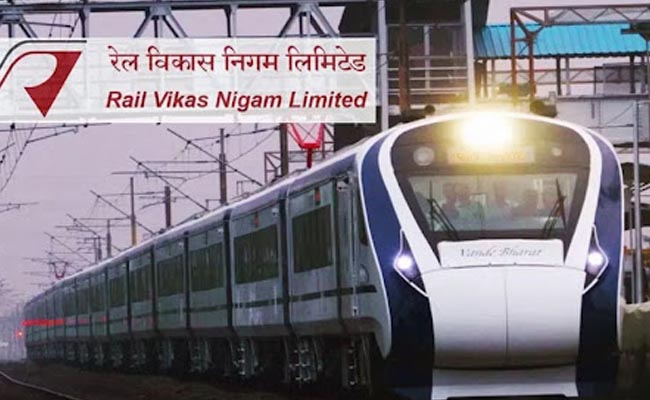
BSNL awards ₹5,000 Cr Project to RVNL-Led Consortium
A syndicate led by Rail Vikas Nigam Limited (abbreviated as RVNL), along wi...

Pinterest tracks users without consent, alleges complaint
A recent complaint alleges that Pinterest, the popular image-sharing platf...


ICONS OF INDIA : VINAY SINHA
Vinay Sinha is the Managing Director of Sales for the India Mega Regio...
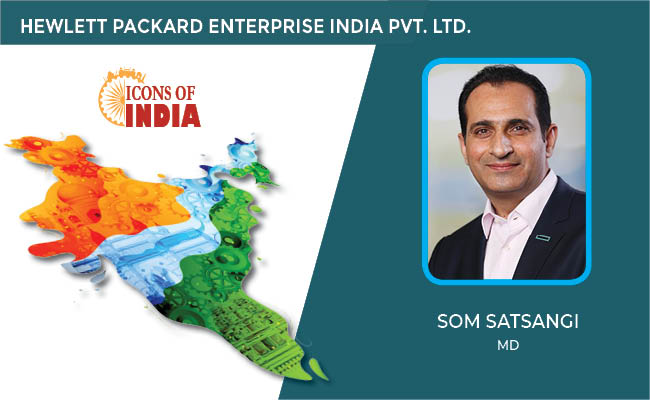
ICONS OF INDIA : SOM SATSANGI
With more than three decades in the IT Sector, Som is responsible for ...
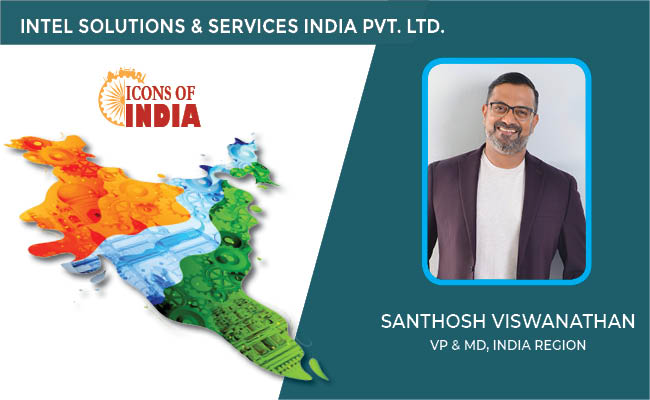
ICONS OF INDIA : SANTHOSH VISWANATHAN
Santhosh Viswanathan is the the Vice President and Managing Director f...

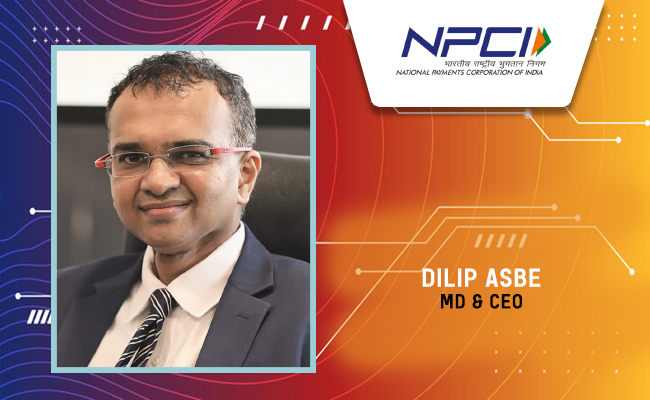
NPCI - National Payments Corporation of India
NPCI is an umbrella organization for operating retail payments and set...
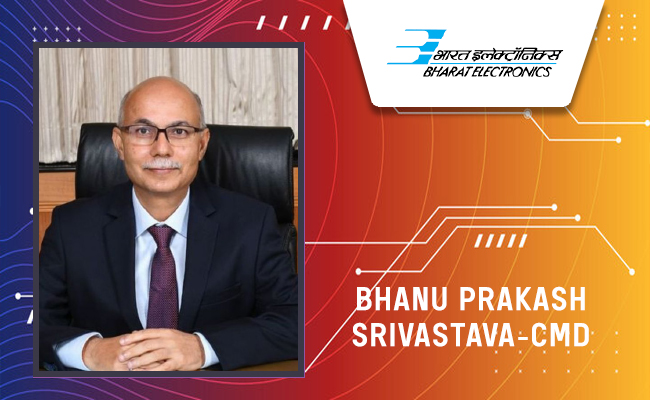
BEL - Bharat Electronics Limited
BEL is an Indian Government-owned aerospace and defence electronics co...
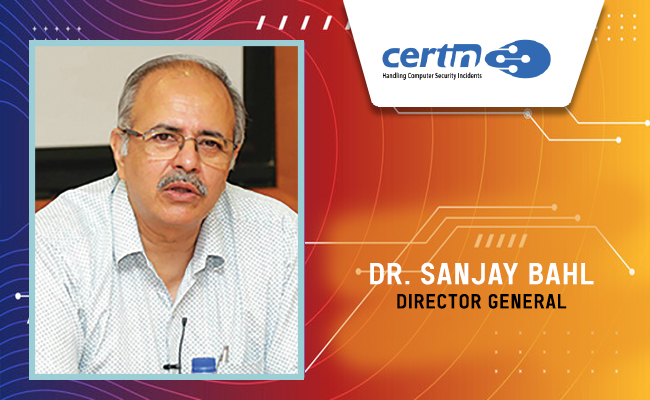
CERT-IN - Indian Computer Emergency Response Team
CERT-In is a national nodal agency for responding to computer security...

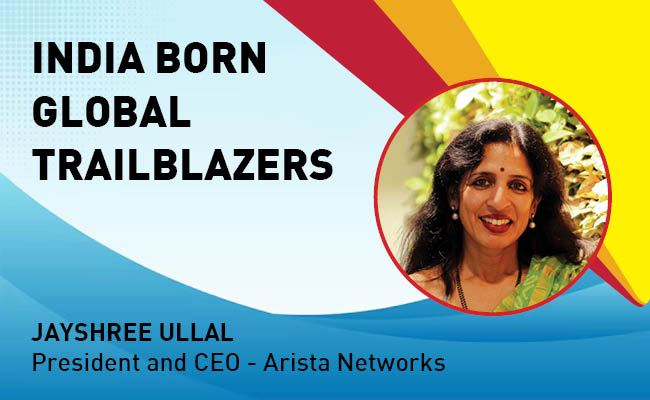
Indian Tech Talent Excelling The Tech World - JAYASHREE ULLAL, President and CEO - Arista Network
Jayshree V. Ullal is a British-American billionaire businesswoman, ser...

Indian Tech Talent Excelling The Tech World - Aneel Bhusri, CEO, Workday
Aneel Bhusri, Co-Founder and Executive Chair at Workday, has been a le...

Indian Tech Talent Excelling The Tech World - Thomas Kurian, CEO- Google Cloud
Thomas Kurian, the CEO of Google Cloud, has been instrumental in expan...